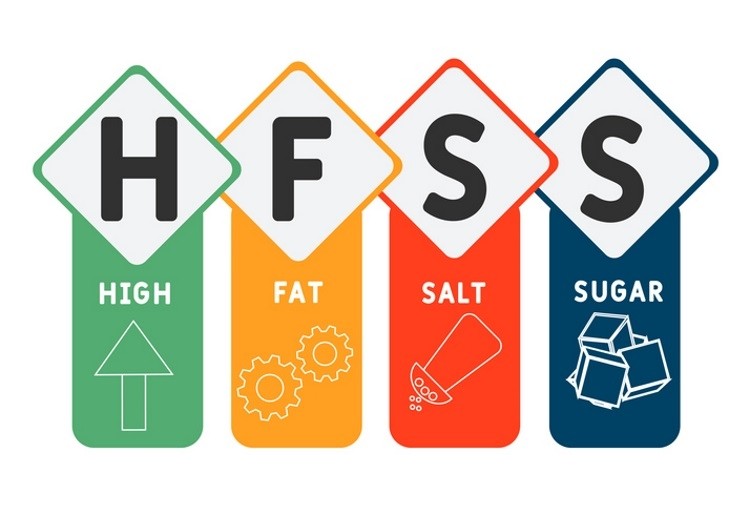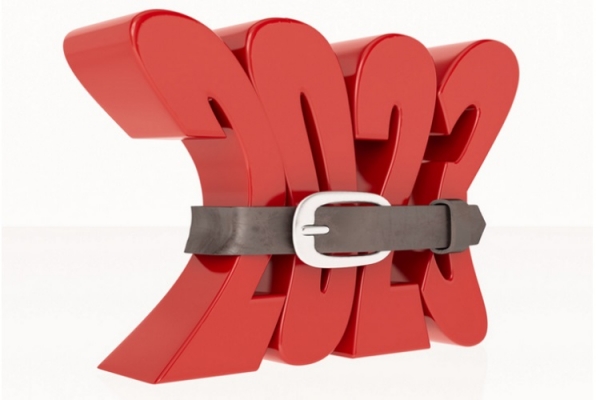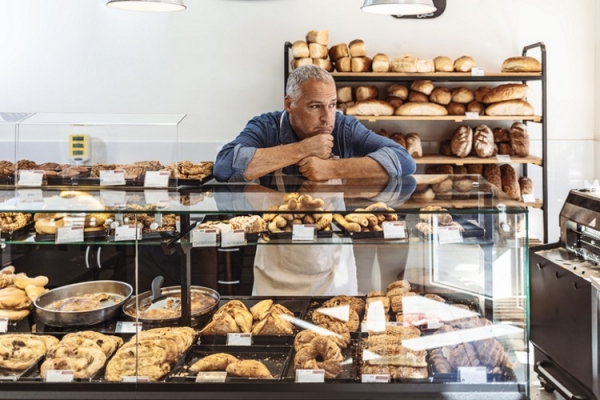FDF Scotland calls for government to pause proposals to restrict the promotions of HFSS snacks amid cost-of-living crisis

These include placing plans to restrict the promotion of items deemed high in fat, sugar or salt (HFSS) to one side, encouraging recycling practices to drive down prices, and supporting the industry on its journey to Net Zero.
Food and drink prices rose by 16.8% in January 2023, a slight easing on December’s 16.9%.
However, it clocked in above the UK’s consumer price inflation (CPI) of 10.1% in January, even though there was a slight cooling after the 10.5% reading in December, according to the Office for National Statistics (ONS).
It is the first time in 18 months that annual food and drink inflation is easing, but for the month, prices rose by 0.6%.
Inflation remains high
“Food and drink inflation remains worryingly high, although it's encouraging to see signs that it's starting to peak,” said David Thomson, FDF Scotland’s CEO.
“Our industry can see the pressure that rising prices are putting on everyone’s weekly shop, and companies are trying their absolute best to limit price rises for shoppers.
“However, with food and drink companies’ average production costs rising 21% in the past year, some price rises are having to be passed on in order for our producers to survive. Evidence shows the pressure on our sector has led to double the number of food and drink companies going out of business in 2022 compared to 2019.”
He is calling on the Scottish Government to use its powers to support the industry, which will have the domino effect of helping Scottish households.
“This [support] includes pausing proposals to restrict the promotions of food and drink, and working with the UK Government to ensure new regulations on plastics and packaging drive up recycling and drive down prices.
“In addition, the government can help ensure the future success of our vital industry by investing in productivity and supporting food and drink businesses on the journey to Net Zero.”
Despite the UK CPI fall, inflation remains higher than in the US or Euro zone, reported Reuters, adding forecasters believe it will stay high as a result of Britain's acute labour shortages and other constraints on the economy such as Brexit.
Still a recession, but less piercing
At the beginning of February, the Bank of England (BoE) said it saw signs that the surge in consumer prices had turned a corner, and while the UK is set to enter a recession this year, it will be shorter and less severe than previously thought.
Added Walid Koudmani, chief market analyst for online investment platform XTB, “Today’s UK CPI inflation data was followed by a sharp pullback in the pound as it added to the potential of a more dovish BoE as investors carefully follow any developments which may indicate the future steps of the central bank’s policy.
“GBPUSD pair retreated below 1.21 and is attempting to recover from this area while the UK stock index failed to gain any significant momentum as the situation continues to be quite uncertain.
“Any further hints of a fall in inflation could be used by the Bank of England to justify a change in approach and have a significant impact on markets moving forward.”







